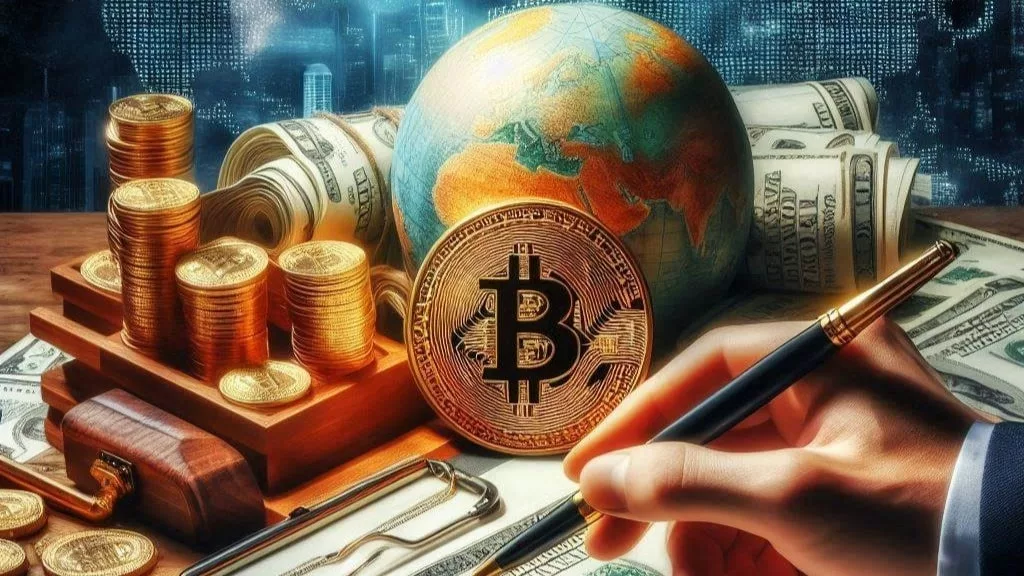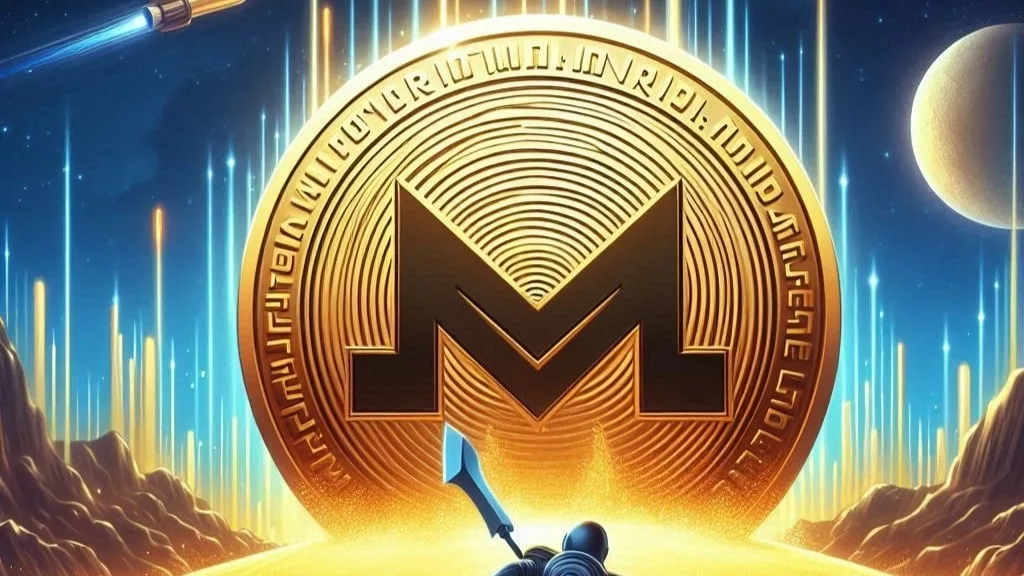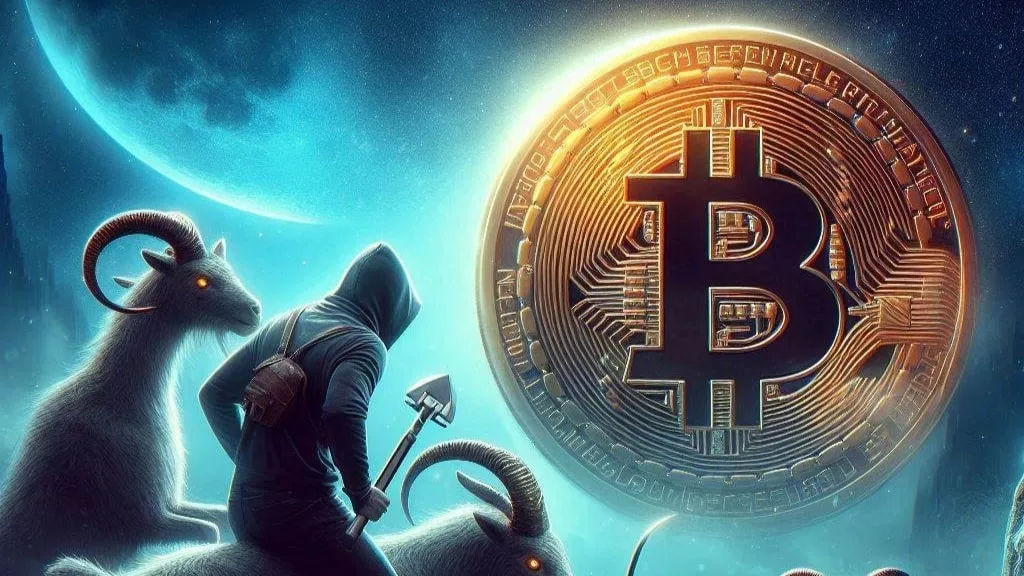
Bitcoin Policy Institute (BPI), economist Matthew Ferranti has made a bold assertion: Bitcoin may be an ideal reserve asset for central banks, akin to gold. This comes at a time when many nations are reevaluating their reserve strategies due to increasing geopolitical tensions and financial instability. While El Salvador is currently the only country officially holding Bitcoin as a reserve, Ferranti suggests that other nations may quietly explore similar strategies.
The Case for Bitcoin as a Reserve Asset
Ferranti’s analysis presents Bitcoin as a potential hedge against crises, much like gold has been for centuries. He argues that the inherent characteristics of Bitcoin make it a strong candidate for central banks looking to diversify their reserves. As countries grapple with economic challenges, the resilience and unique qualities of Bitcoin could offer much-needed support.
Ferranti highlights several compelling features of Bitcoin that position it favorably as a reserve asset:
Despite the potential benefits, Ferranti advises a cautious approach. He emphasizes that Bitcoin and gold are not universally suitable for all central banks. Each nation has distinct economic circumstances and reserve requirements that must be considered.
“Factors influencing the composition of central bank reserves are multifaceted,” he notes, highlighting the need for a tailored strategy that takes into account each country’s unique financial landscape. This consideration is essential for any nation contemplating the inclusion of Bitcoin in its reserve portfolio.
Implications for the Future
Ferranti’s arguments come at a time when many central banks are seeking to diversify their assets to mitigate risks. With economic disruptions on the rise—prompted by events such as the COVID-19 pandemic and ongoing geopolitical conflicts—countries are becoming increasingly interested in alternative reserve assets.
Bitcoin’s potential as a hedge against a range of economic challenges—from inflation to sanctions—could make it an attractive option for central banks looking to bolster their financial security. As more nations consider their options, the conversation around Bitcoin’s role in the global financial system may gain momentum.
A Paradigm Shift?
If Bitcoin is ultimately recognized as a legitimate reserve asset, it could signal a significant shift in the global financial landscape. The acceptance of digital currencies by central banks would not only validate the technology behind Bitcoin but also open the door for other cryptocurrencies to be considered in similar capacities.
As the world continues to evolve in response to economic challenges, the discussions surrounding Bitcoin as a reserve asset are likely to become more prominent. Ferranti’s insights contribute to this vital conversation, positioning Bitcoin as a key player in the future of central banking.
In conclusion, while the journey toward Bitcoin being accepted as a reserve asset is still in its infancy, the unique advantages it offers make it worthy of consideration. As more central banks explore the potential of digital assets, Bitcoin may well find its place alongside gold in the global reserves of the future. The financial landscape is changing, and Bitcoin could play a crucial role in that transformation.




Get the latest Crypto & Blockchain News in your inbox.